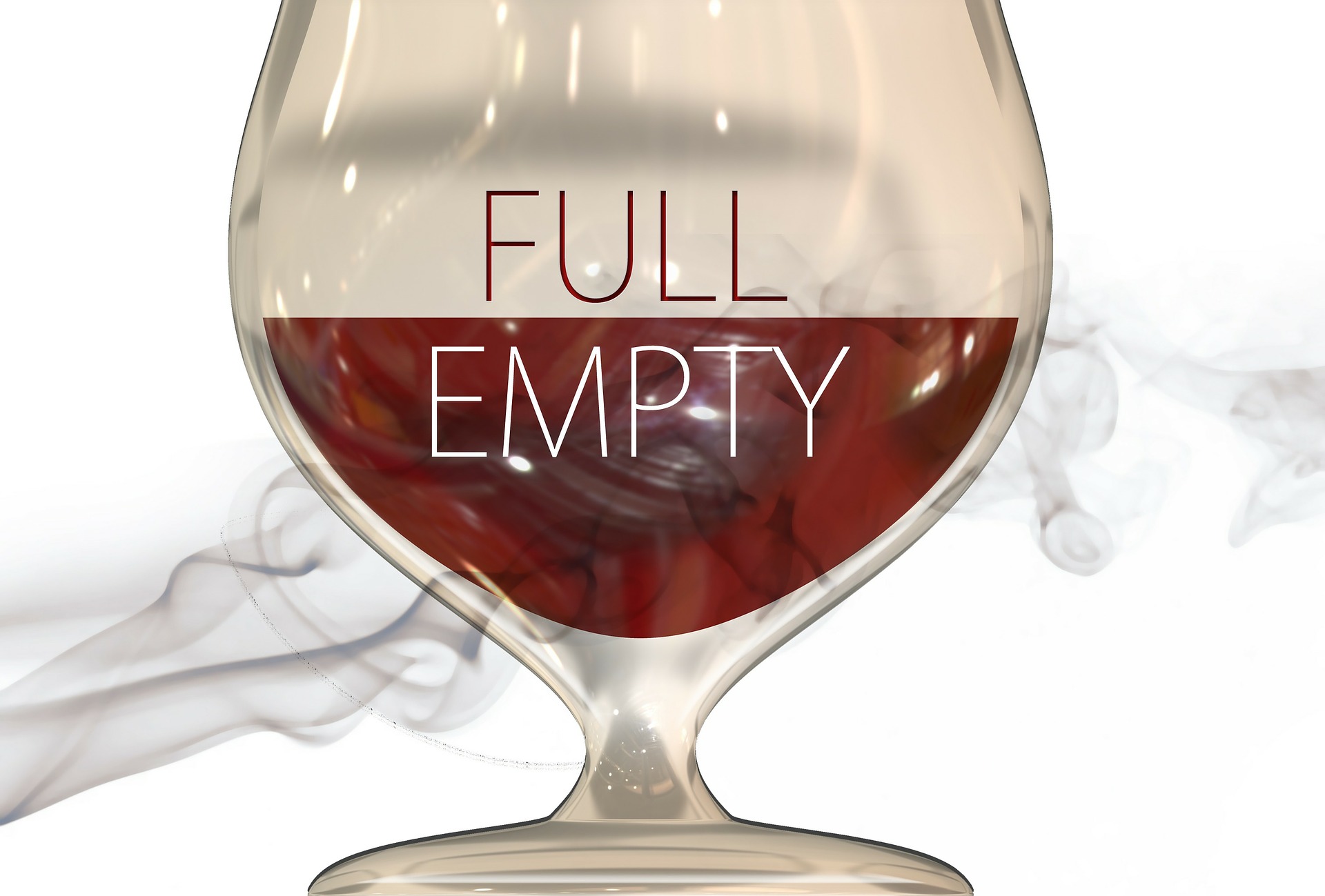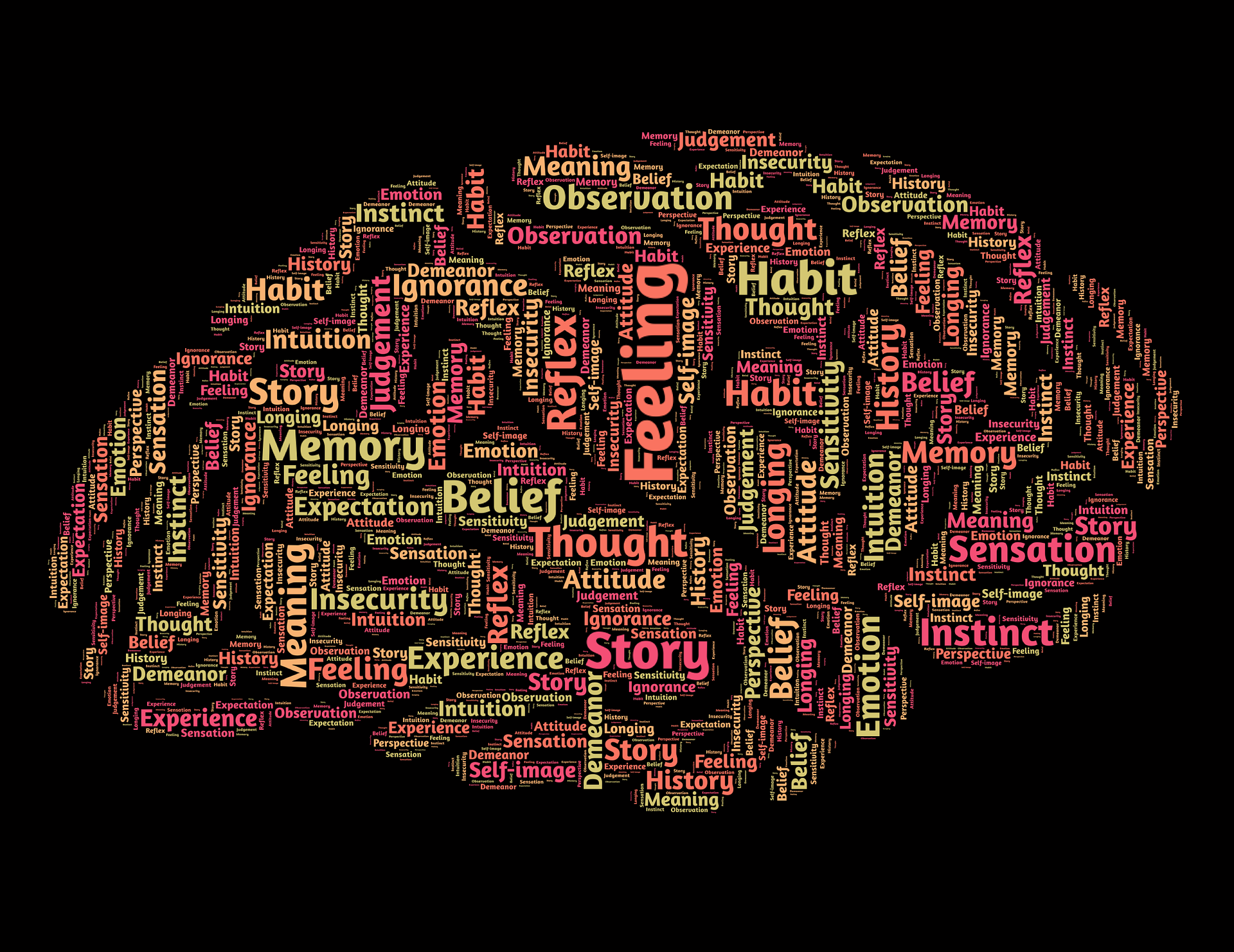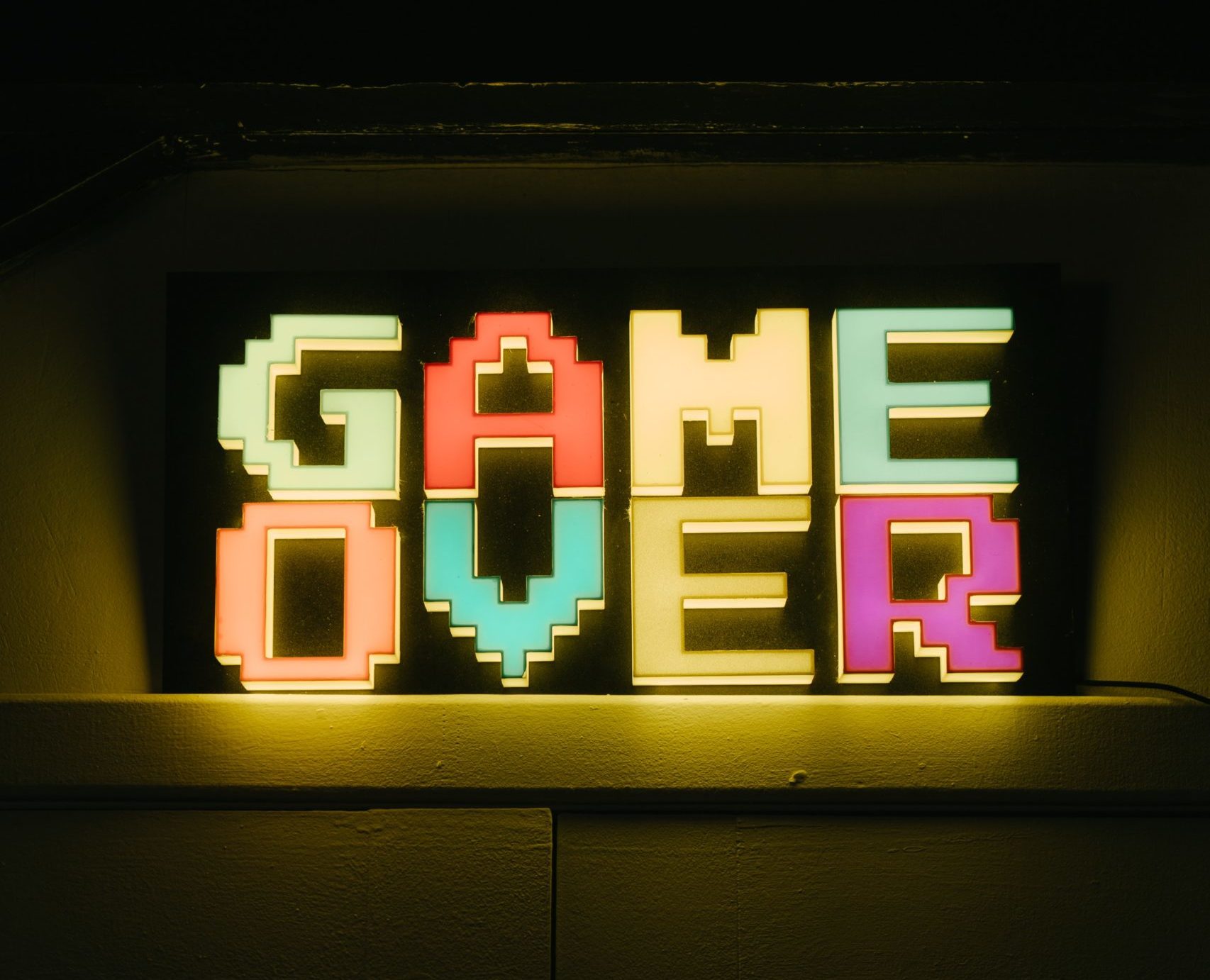
Each of us has between 60k to 90k thoughts per day.
Most of these are repeated thoughts from yesterday.
And most of these thoughts are negative.
Unless you learn to manage some conscious control over this endless stream of thought, it can easily become a habit which for many of us it is.
THE MAJORITY OF US DEFAULT TO NEGATIVE THINKING.
It’s normalized in our culture to the point of being considered human nature. It’s common for us to see someone who’s being blatantly positive and assume that they’re being fake, putting on an act, or just in plain denial.
So what does this mean? Are we doomed for life? Is our fate sealed into negativity or can we turn it around?
The mind can take a life of its own when unchecked. Most of your psyche and mental mechanisms can work against you, and will typically continue to do so as long as you leave your mind to its own devices. Your pathological inner critic will do everything it can to drag you down (very actively). Our negativity bias, a remnant of our earlier days of surviving by avoiding possible dangers, bad fortune, etc., will steer your focus towards all things negative. And the wonderful concept of neuroplasticity, which is neither good nor bad, has the power to hardwire your brain into negative thinking if you don’t interfere.
Going up against these odds can seem impossible. But what’s the alternative?
Can you afford not to?
Without taking action and awareness against your negative train of thought, you’re allowing self destructive patterns into your life. These include but aren’t limited to deep depression, anxiety, self doubt, lack of energy and motivation, and an aimless life of emptiness.
What can you do to cope with your negative thoughts?
How can you counteract them? And best, rid yourself of the habit of negative thinking?
First you need to know, you cannot get rid of negative thoughts without consciously acknowledging them.
This can be extremely unpleasant and too painful for some. Many people are more comfortable avoiding this and would rather stay in their negativity than even attempt to break the cycle. Others go from this first step of becoming aware of their thoughts straight into victim mentality. This is not where we’re headed.
Please be aware, that in a brief article like this, I can only provide you with some surface points and a rough outline of the process. Explaining all of this in detail requires a more extensive medium and we’re doing exactly that in our programs at Feel Different.
What you need to know about how to counteract your negativity is that first and foremost, you need to become aware of your thoughts and thought patterns.
Becoming aware of when, meaning, in what situations and context do these thoughts most often occur?
Upon recognizing this is when you must redirect them to other, consciously positive thoughts. Defaulting to thoughts of gratitude tends to be a healthy habit to replace the negative.
It’s easier said than done to begin with but with practice and patience, you’ll be able to naturally start intercepting your thoughts and steering them in a healthy direction. Like any habit, good or bad, it takes consistency.
In the long run, this will help you become more confident and self assured in any situation you’re facing. Be it confrontations with friends, family, coworkers, or just in life challenges in general.
You can’t fully eradicate all negative thoughts, that is an unrealistic goal. But you can learn to dismantle and redirect the destructive energy of negative thoughts. You can turn your pathological inner critic into a constructive critic and as a result, change the direction your life is heading right now.
At Feel Different, we will provide you with the practical everyday tools you need in order to do just that.
Fill out this quick survey to see if our newest program is the right fit for you.
Please don’t hesitate to reach out if you have any questions or specific challenges you may be facing.
I’m happy to help.
Take care,
Orlando Owen




